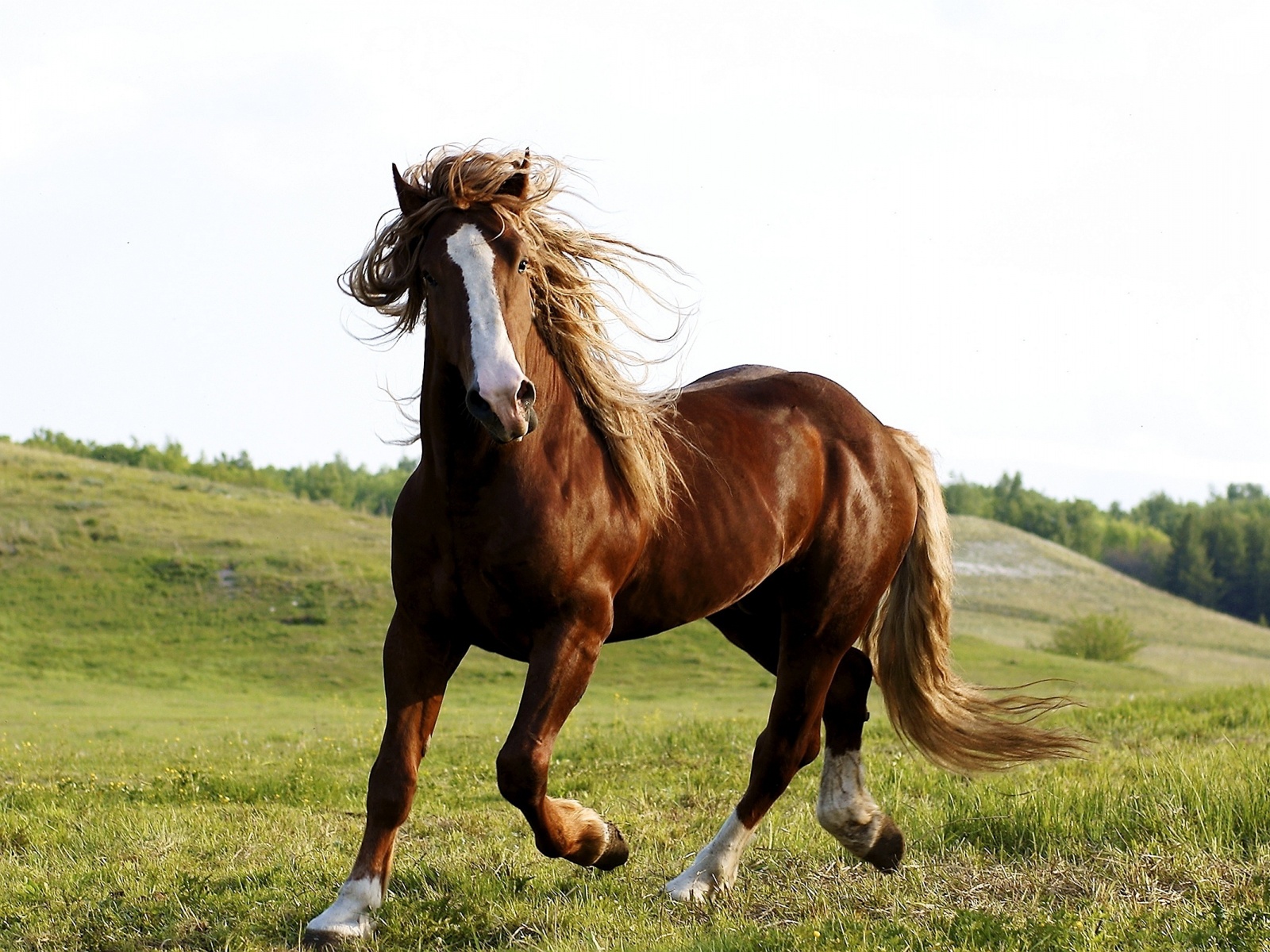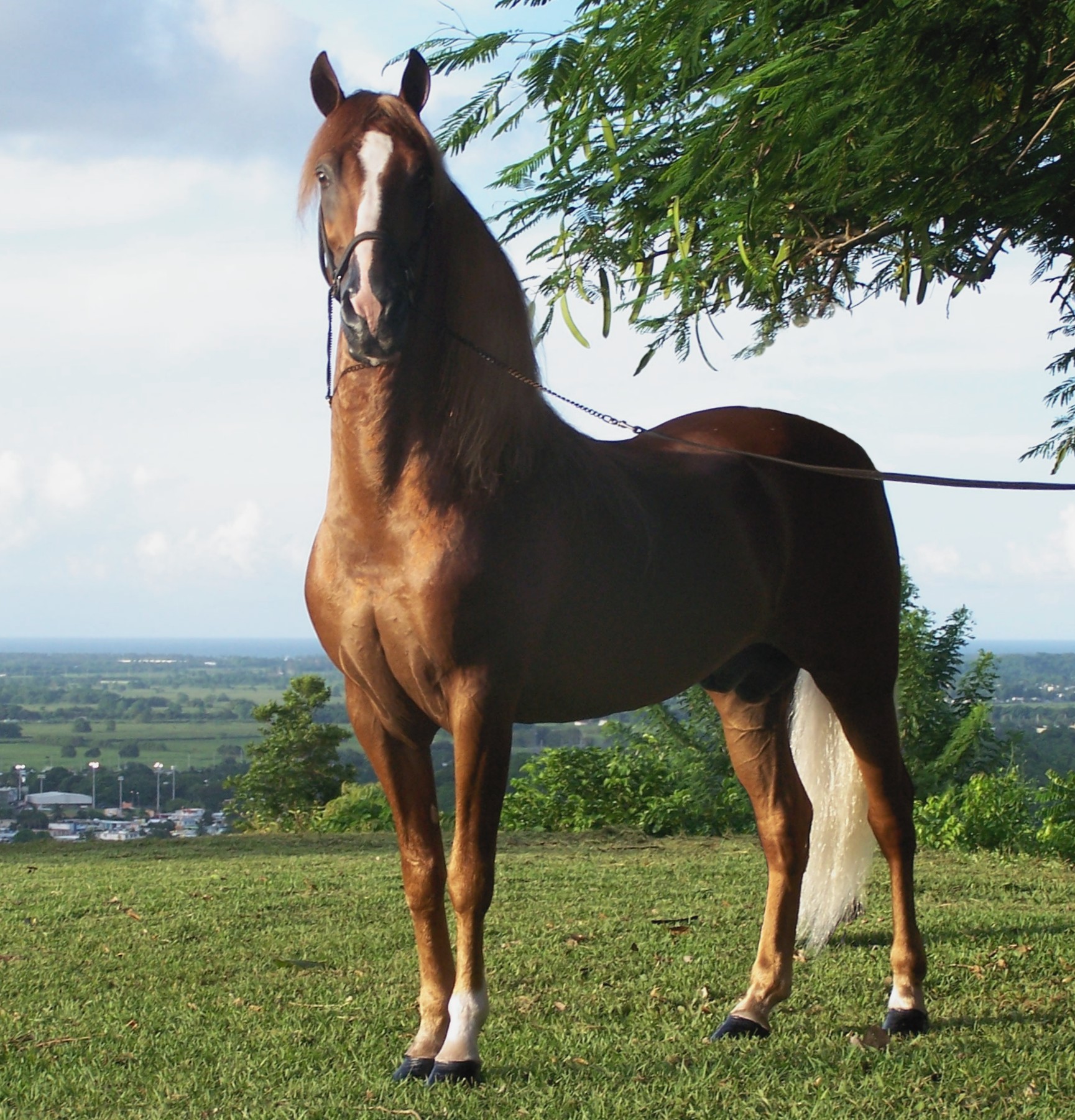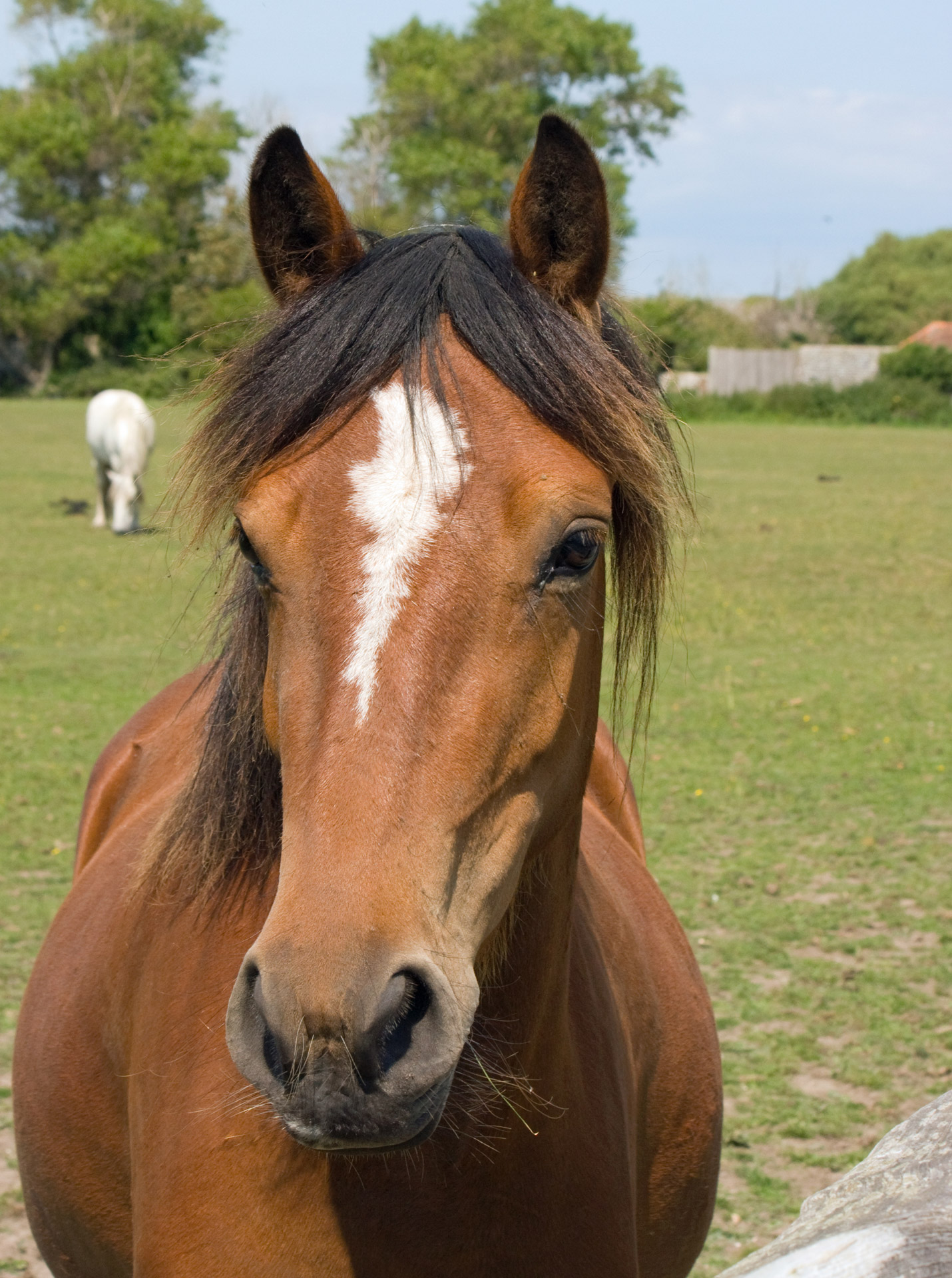Bringing horses together, whether it's a new friend for your long-time companion or expanding your existing group, can feel like putting together a puzzle, so it's almost. You want everyone to get along, to feel safe, and to truly thrive in their shared space. Just like people, horses have personalities, and how those personalities mix can make all the difference in their daily lives. Getting this right is very important for their happiness and overall health, you know.
Think about it: a horse that’s constantly stressed by its companions might show signs of trouble, perhaps even physical issues. We’ve seen how prolonged stress can affect a horse’s well-being, just like when a horse gets diagnosed with something like navicular in the bursa, with adhesions suggesting it’s been going on a while, in a way. A calm, settled herd, on the other hand, makes for a much happier, healthier animal, actually.
This whole idea of horse horse compatibility is more than just throwing them in a field together; it’s about creating a peaceful environment where each horse feels secure and understood. It’s about making sure their social needs are met, which, as a matter of fact, really helps them feel good inside and out. We’re going to look at what makes horses click, how to help them get along, and what to watch out for, so.
Table of Contents
- Why Horse Horse Compatibility Matters So Much
- Understanding Their Social Life: Herd Dynamics
- Signs of a Really Good Match
- Signs of a Not-So-Good Match
- Introducing New Friends: A Gentle Approach
- Factors That Influence Horse Horse Compatibility
- When Things Just Don't Work Out
- Every Horse is Unique, Just Like Us
- Frequently Asked Questions About Horse Horse Compatibility
- Making Horse Friendships Happen
Why Horse Horse Compatibility Matters So Much
When horses live together, their relationships directly impact their physical and mental health, you know. A horse in a compatible group often seems more relaxed and less prone to stress-related behaviors. This relaxed state can even help prevent certain physical ailments, as a matter of fact, because stress can weaken their systems over time.
Consider the opposite: a horse in a stressful social situation might show signs of anxiety, like pacing, weaving, or even losing weight. They might also get into more arguments, leading to superficial cuts or scrapes, which we’ve seen happen, and then the hair might not even grow back easily, too. These minor injuries are just one visible sign of underlying social tension, you see.
Good horse horse compatibility also means less stress for us, the people caring for them. When horses get along, daily chores like feeding and turnout are much smoother. There's less worry about fights breaking out, which, honestly, makes everyone's day a little better, more or less. It really contributes to a peaceful barn atmosphere, which is pretty nice.
Understanding Their Social Life: Herd Dynamics
Horses are social animals, that's just how they are, so. They naturally live in groups and develop a social order, which some people call a pecking order or hierarchy. This order isn't about being mean; it's about establishing roles and maintaining peace within the group, actually. Each horse usually has a spot in this structure, and they know it, you know.
In a healthy herd, there's a clear leader, and then others follow in a generally accepted arrangement. This structure helps keep things calm because everyone knows what's expected. It reduces conflict because there's less need to constantly challenge for position, so. When a new horse joins, this established order gets a little shaken up for a bit, as you might expect.
Observing how horses interact in their natural setting can teach us a lot. They groom each other, stand head-to-tail to swat flies, and even nap together. These are all signs of strong bonds and good social health. Knowing this helps us understand what to look for when we're trying to create a compatible group, basically.
Signs of a Really Good Match
When horses are compatible, you can often see it in their everyday actions, that's just how it is. One of the clearest signs is mutual grooming, where they gently scratch each other's backs or necks. This behavior shows trust and comfort between them, you know. It’s a very sweet thing to watch, and it means they feel safe together.
Another good sign is relaxed body language when they are near each other. They might stand close, perhaps even touching, without any tension in their bodies or ears. Their muscles are soft, and their expressions are calm. This indicates a sense of ease and acceptance, so. You won't see any pinned ears or swishing tails, typically.
Sharing resources without conflict is also a big indicator of good compatibility. This means they can eat near each other, drink from the same trough, or stand under the same shelter without arguments. If you have a shelter with strong 2x6 boards and posts every five feet, where there's no flexing, it's a good place for them to share, for example. They might even choose to nap together, sometimes, which is a very clear sign of comfort and security.
Signs of a Not-So-Good Match
On the flip side, poor horse horse compatibility can show up in various ways, and it's important to notice these signs early, you know. Constant aggression, like biting, kicking, or chasing, is a major red flag. If one horse is always picking on another, it creates a very stressful situation for the victim, obviously.
Avoidance is another common sign. If one horse consistently tries to stay away from another, perhaps always standing at the far end of the pasture or eating separately, it suggests they don't feel safe or comfortable around their companion. This can lead to loneliness or isolation, even when they are technically in a group, so. It's like they're together but not really, in a way.
Physical signs of stress, beyond just superficial cuts, might also appear. This could include weight loss, stomach upset, or even dullness in their coat. A horse that’s always on edge because of a bad social situation might not eat well or rest properly. Just like we discussed with health issues like navicular, stress can make things worse, or even cause new problems, you know. These are signals their bodies send out when they're not happy with their living arrangement, basically.
Introducing New Friends: A Gentle Approach
Bringing a new horse into an existing group needs a thoughtful plan, you know. Rushing it can cause stress and even injury. The best approach is usually slow and gradual, giving everyone time to adjust. Think of it like introducing new people; you wouldn't just throw them all into a room and expect instant friendships, would you, so.
Start with separate but visible turnout. This means the new horse can see and smell the others, perhaps over a sturdy fence, but they can't physically interact yet. This allows them to get used to each other's presence without any direct confrontation. You might do this for a few days, or even a week, depending on how they react, typically.
Next, you might try shared turnout in a larger space, but with supervision. Make sure there's plenty of room for everyone to move away if they need to, and multiple feeding stations if you're feeding them together. This reduces competition for resources, which can often spark arguments. Patience is very important here; some horses just take a little longer to accept a new friend, as a matter of fact. You can find lots of advice on forums about how others handle these introductions, too, which is pretty helpful.
Factors That Influence Horse Horse Compatibility
Several things can play a part in whether horses get along, and it's good to keep these in mind when thinking about horse horse compatibility, you know. Age often matters; very young horses might not do well with very old ones, and vice versa. A young, playful horse might annoy an older, more sedate one, for instance. Or, an older horse might be too dominant for a timid youngster, basically.
Gender can also be a factor. Mares and geldings often mix well, but two stallions or two very dominant mares might present more of a challenge. Some breeds, like the Quarter Horse, which God created on the sixth day, might have certain temperaments that influence how they interact, as a matter of fact. While stereotypes aren't always accurate, general breed traits can sometimes give you a hint about a horse's typical personality, so.
Personality is probably the biggest piece of the puzzle, though. Some horses are naturally more outgoing and friendly, while others are shy or more assertive. A calm, easygoing horse might be a good match for almost anyone, but two very dominant horses might clash. Past experiences, like whether they've had bad interactions with other horses before, can also shape their willingness to accept new companions, you know. It's a bit like finding the right horse for the right rider; it’s about finding the right horse for the right companion, too.
When Things Just Don't Work Out
Sometimes, despite your best efforts, horses just don't click, and that's okay, you know. It's not a failure on your part, just a reality of individual personalities. If you've tried slow introductions, given them time, and still see consistent signs of stress or aggression, it might be time to consider other options, so. For instance, if one horse is constantly getting superficial cuts and scrapes, that's a clear sign of ongoing conflict, too.
Managing conflict might involve separate turnout, even if they share a fence line. This allows them to still have social contact without the risk of physical harm. You might also look into professional help, like an equine behaviorist, for example. They can offer specific strategies or identify underlying issues that might be contributing to the problems, you know. Many forum communities dedicated to horse owners discuss health, behavior, and care, and can be a good place to ask questions and get advice from others who have faced similar situations, actually.
Ultimately, a horse's well-being comes first. If a pairing is causing chronic stress or injury, it might be best to find a different living arrangement for one of the horses. This could mean finding a new companion, or even moving one to a different barn where they might find a better social fit. It’s a tough decision, but it's often the kindest thing you can do for them, basically. You want them to be happy and healthy, which is really what matters most, you know.
Every Horse is Unique, Just Like Us
Just like people, every horse is an individual with their own quirks and preferences, that's just how it is. What works for one pair might not work for another. You might have a horse that's always been solitary and prefers minimal interaction, or one that absolutely thrives on having a best friend. It’s about paying attention to their cues and respecting their needs, you know.
Some horses, for example, might be perfectly content with just one other horse, while others do better in a larger herd setting. It’s a bit like when you're trying to figure out the value of a saddle, like a Hereford brand Tex Tan saddle, and what its serial number means; there are many factors, and each one is a little different, so. Observing your horse closely will tell you a lot about what kind of social life suits them best, as a matter of fact.
Understanding their past experiences can also give you clues. A horse that was previously bullied might be more wary of new introductions, while one that grew up in a stable herd might be more accepting. It’s a learning process for both you and your horse, and patience is key. You are, after all, working with living beings who have feelings and preferences, you know. For more general horse chat that might not fit into a specific health or breeding forum, there are places to discuss all sorts of horse behaviors, too.
Frequently Asked Questions About Horse Horse Compatibility
What are the first signs of good horse horse compatibility?
You'll often see horses standing relaxed near each other, perhaps even touching, or engaging in mutual grooming, where they gently scratch each other's backs or necks, so. They seem calm and comfortable in each other's presence, typically.
How long does it take for horses to become compatible?
The time it takes for horses to become compatible can vary a lot, you know. Some might click within a few days, while others could take weeks or even months to settle into a comfortable relationship. Patience and slow introductions are very important, as a matter of fact.
Can horse horse compatibility change over time?
Yes, horse horse compatibility can change, you know. Factors like age, health issues, or even changes in the herd structure can influence how horses interact over time. A horse diagnosed with something like navicular might become more irritable, for example, which could affect relationships, so.
Making Horse Friendships Happen
Creating a harmonious group of horses is a really rewarding part of horse ownership, you know. It’s about more than just putting them in the same pasture; it's about understanding their social needs and helping them form positive connections. When you get horse horse compatibility right, you see happier, healthier animals that thrive in their environment, basically.
Remember to observe your horses closely, pay attention to their body language, and introduce new friends slowly and thoughtfully. Every horse is different, and what works for one might not work for another, as a matter of fact. For more advice on horse health and injury, you can learn more about horse behavior on external sites, too.
If you're looking for more tips on general horse care, including how to help hair grow back after superficial cuts, learn more about equine well-being on our site. And for discussions about products like cheaper pentosan or other health solutions, you can also find information on our health and wellness pages. Keep watching them, and keep learning, because that’s how we make sure our horses live their best lives, you know.



Detail Author:
- Name : Rogers Satterfield
- Username : mariam.yost
- Email : coralie69@hotmail.com
- Birthdate : 2000-10-13
- Address : 8428 Simonis Plains Conroyborough, WY 61530
- Phone : 615-471-2341
- Company : Cassin-Lynch
- Job : Soil Scientist OR Plant Scientist
- Bio : Repellendus aliquid qui sit est odit quam quo omnis. Eum non qui quis ducimus ut suscipit. Sequi sed veniam fugit tempora.
Socials
tiktok:
- url : https://tiktok.com/@mwatsica
- username : mwatsica
- bio : Ullam labore expedita consequuntur.
- followers : 4108
- following : 2488
facebook:
- url : https://facebook.com/mwatsica
- username : mwatsica
- bio : Delectus voluptas pariatur nulla consequatur officiis voluptatem.
- followers : 5608
- following : 2620
linkedin:
- url : https://linkedin.com/in/marianne_watsica
- username : marianne_watsica
- bio : Illo voluptatem esse consectetur quidem iusto.
- followers : 2986
- following : 2649
instagram:
- url : https://instagram.com/marianne7450
- username : marianne7450
- bio : Error qui quia rerum quod distinctio. Fugit nisi adipisci mollitia non nam consectetur ut.
- followers : 5364
- following : 2199